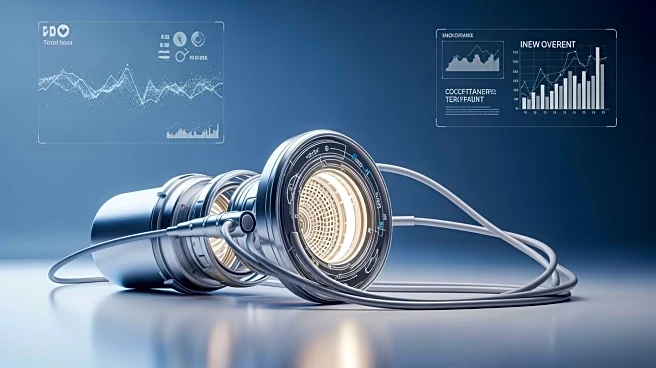What's Happening?
The medtech industry is closely monitoring a Section 232 national security investigation initiated by the Trump administration in September, which could potentially impact tariff rates on medical equipment.
This investigation follows a series of tariff actions over the summer and is part of a broader strategy where Section 232 has been used to impose tariffs on other industries, including pharmaceuticals and automobiles. Medical device trade groups, along with the American Hospital Association, have urged the administration to exempt essential medical goods from these tariffs and to seek reciprocal trade agreements with international partners.
Why It's Important?
The outcome of this investigation could have significant implications for the medtech industry, potentially affecting the cost and availability of medical equipment in the U.S. If tariffs are imposed, it could lead to increased costs for healthcare providers and patients, potentially impacting the overall healthcare system. The call for exemptions and reciprocal agreements highlights the industry's concern over maintaining access to essential medical goods without additional financial burdens. This situation underscores the delicate balance between national security considerations and the need to ensure the availability of critical healthcare resources.
What's Next?
Stakeholders in the medtech industry are likely to continue lobbying for exemptions and favorable trade terms as the investigation progresses. The Trump administration's decision on whether to impose tariffs will be closely watched, as it could set a precedent for how similar cases are handled in the future. The industry may also explore alternative strategies to mitigate potential impacts, such as diversifying supply chains or increasing domestic production of medical equipment.










